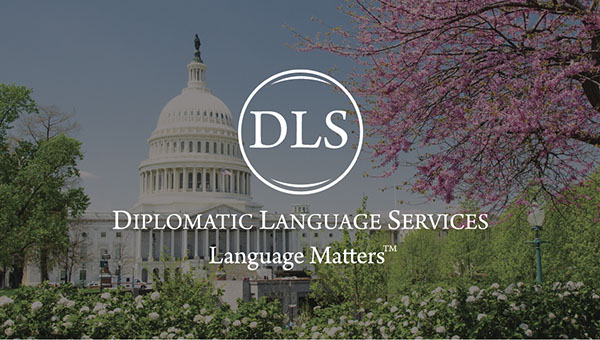In the era of globalization, the ability to communicate effectively across cultural and linguistic boundaries is more than a skill—it’s a strategic asset. Language proficiency is not merely beneficial for businesses looking to expand into new markets and foster international partnerships; it’s essential. This white paper delves into the pivotal role of language skills in enhancing international business operations, reducing barriers, and creating growth opportunities.
Understanding Global Business Challenges
Global business endeavors are fraught with challenges, from navigating local regulations to understanding cultural nuances. At the heart of these challenges lies a fundamental need for effective communication. Language differences can hinder negotiations, delay projects, and even lead to misunderstandings that damage brand reputation.
Economic Impact of Language Barriers
Language barriers can have a significant economic impact on global business operations. According to a report by the Economist Intelligence Unit, nearly 49% of executives admit that misunderstandings and miscommunication have resulted in financial losses.
The Competitive Edge of Multilingualism
Businesses that invest in language training and cultural competence mitigate risks and gain a competitive edge. Language skills can lead to better client relationships, enhanced trust, and more successful negotiations.
Language Training as a Strategic Investment
Investing in language training is not an expense; it’s an investment in your company’s future. Training programs tailored to specific business needs can dramatically improve engagement in new markets.
The global business landscape is increasingly interconnected. Language proficiency is not just about translation but about understanding—grasping the subtleties of communication crucial for international success. Organizations must prioritize language training to navigate the complexities of global markets effectively.




